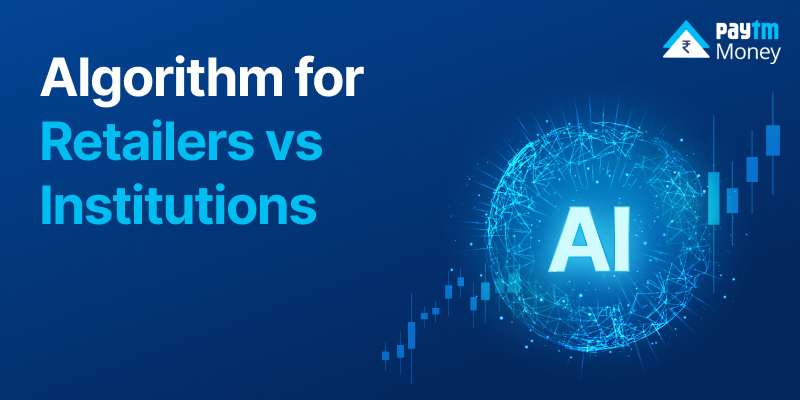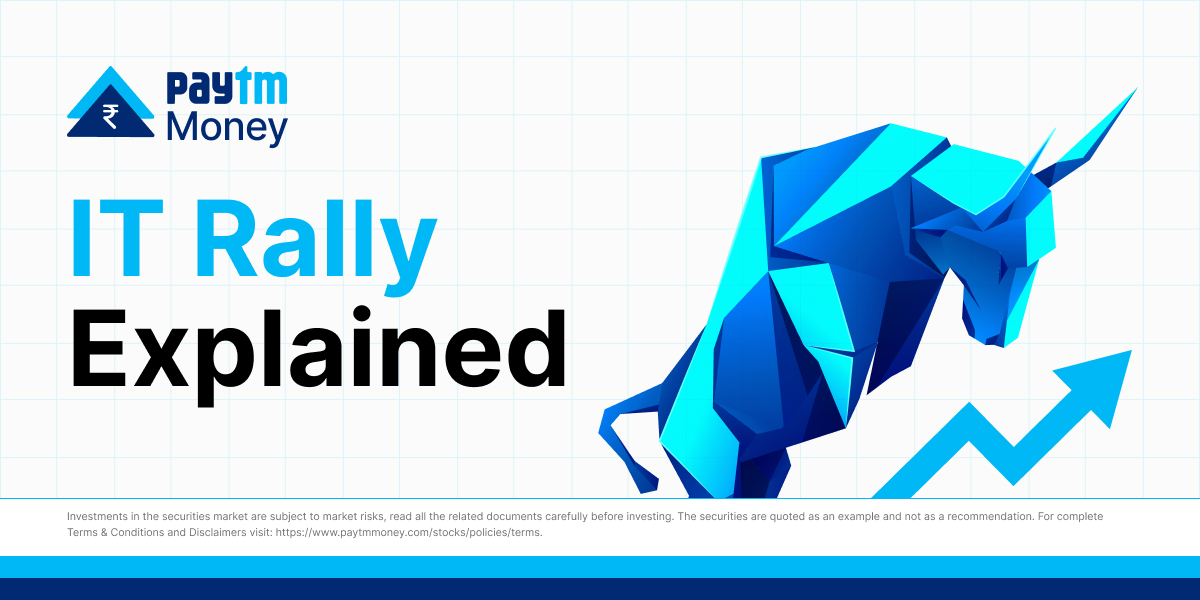Before we go into the issue of Algo for Retailers versus Algo for Institutions, it’s important to understand the difference between the two. We need to understand what algorithmic trading is and what the main differences are between retail and institutional traders.
What is Algorithm and Algorithm Trading?
Algorithm: A pre-determined, step-by-step procedure for completing a task. A computer model that receives an order and constructs a series of trades to fulfill the stated goals. Algorithms are time-saving devices.
Algorithmic trading, on the other hand, is a trading method that employs a computer program that executes a set of instructions (an algorithm) to execute a trade. In theory, this mechanism can create profits at a pace and frequency that would be hard for a human trader to achieve.
Institutional Traders vs. Retail Traders
- Who are Institutional Traders?
Institutional traders have access to assets like forwards and swaps that ordinary traders don’t have. The complexity and variety of trades often discourage or prevent individual dealers. Institutional traders are also regularly contacted for IPO investments.
For each transaction, institutional traders negotiate basis point fees and demand the best pricing and execution. They are not subjected to marketing and distribution expenditure ratios.
Institutional traders can have a significant impact on a security’s share price due to their enormous volume. As a result, they may spread trades among different brokers or over time to avoid having a significant impact.
- Who are Retail Traders?
Retail traders often invest in stocks, bonds, options, and futures, with little or no access to initial public offerings (IPOs). The majority of deals are performed in round lots, however, ordinary investors can trade any number of shares at once.
If retail traders use a broker that charges a flat fee per trade in addition to marketing and distribution expenditures, the cost of making trades may be higher. The number of shares traded by retail traders is inadequate to affect the price of a security.
As a new algorithmic trader working at the retail level, it’s natural to wonder if it’s still possible to compete with the big institutional players.
The Securities and Exchange Board of India (SEBI) recently released a consultation paper on algorithmic trading by individual investors, which includes the use of application programming interfaces (API). This isn’t the first time the capital market regulator has proposed measures to protect market players’ interests and increase transparency.
Algorithmic trading, or algo trading, is a type of trading that monitors live prices of scrips and makes a trade if certain conditions are met. This strategy eliminates the need for traders to constantly watch stock prices and place orders.
Algorithm for Institutions:
Institutional investors pay close attention to market trends and sentiments. They’re looking for patterns that show a pattern of consistency in specific tendencies in one direction. They then concentrate on it to watch how it progresses. An excellent example is buying a small position in a specific stock and adding to it when prices shift in your favor.
Eliminate Trading Inefficiencies with Algo!
You don’t have to keep a close check on the trades if you use an algorithm-based trading strategy. The ability to eliminate emotions from the trading process is one of the advantages of adopting these tactics. Institutional investors care a lot about their money; therefore, they need something that can make good decisions. These methods reduce the likelihood of human-caused errors. It’s a desired investment alternative because it reacts to marketing conditions in a fraction of a second.
Retail investors should consider this technique when they decide to invest next time!
Let’s Talk About Arbitrage!
The arbitrage method is used by institutional investors who want to profit from small price differences that occur when a security’s market price trades on two distinct exchanges.
Three requirements must be met for arbitrage to take place.
- Similar assets and contracts for different prices in different markets (NSE & BSE)
- There should be different prices of assets with the same cash flows.
- Synchronized execution of trades in two markets is required for successful arbitrage.
Arbitrage is only possible with electronic financial instruments and securities trades. Transactions need to occur parallel to each other to reduce the chances of market risks or opportunities of a single market-changing before either transaction completes.
Algorithm for Retailers:
Benefits of Algorithm for Retailers:
- Increased Speed: The algorithms can examine a wide range of characteristics and technical indicators in a fraction of a second and execute trades instantly.
- More Accuracy: It is normal for a trader to make a mistake and improperly analyze technical indications; but, in ideal conditions, computer systems do not make such errors. As a result, the deals are conducted as precisely as possible.
- Decreased Cost: Algorithmic trading allows enormous quantities of trade to be executed in a short amount of time. Multiple trades are processed as a result, transaction costs are decreased.
- Reduction of Human Emotions: Algorithmic trading prevents both under-trading and over-trading. There are no psychological aspects to the trade, and there is no space for deviation from the initial strategies.
- Ability to Back-Test: The newly developed algorithms are initially backtested with historical data. The strategy can be adjusted and fine-tuned based on the backtest results to meet the needs of the trader.
However, there are some challenges as well, such as
- Dependence on Technology
- Loss of Human Control
- Need for Constant Monitoring
- Need to Know the Programming Process
- Inability to Understand Irrational Markets
The big guns – the HFT businesses and the world’s institutional investors – are not in competition with retail traders. The presence and activity of such players actually assist retail traders by providing liquidity to the markets and allowing them to obtain good prices.
But whether it is an institutional investor or retail trader, algorithms always bring efficiency into the trading system, which can easily be scaled up by the investors depending on their capabilities and resources.
With this we have come to the end of our blog, I hope this piece of writing will further help you in understanding algorithm trading.
Disclaimer: Investments in the securities market are subject to market risks, read all the related documents carefully before investing. This content is purely for information and investor awareness purposes only and in no way to be considered as advice or recommendation. Paytm Money Ltd SEBI Reg No. Broking – INZ000240532. NSE (90165), BSE(6707) Regd. Office: 136, 1st Floor, Devika Tower, Nehru Place, Delhi – 110019.






